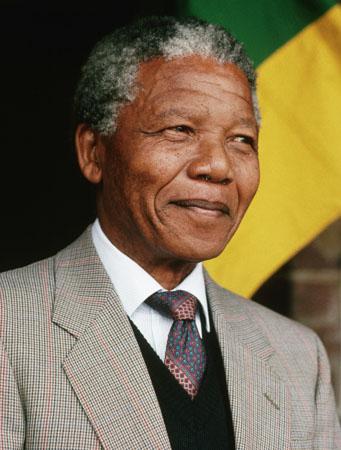By Elise Dupire (ICD Intern)

In 1961, Nelson Mandela became the leader of the ANC’s armed wing, the Spear of the Nation. He coordinated sabotage campaigns against military and government targets in order to fight the apartheid. Initially a non-violent resistance, the organization later took on a more aggressive shape, justifying its resort to violent means as the only way of making its voice heard. However, Mandela and his comrades have always repeated that it was done “in such a way that nobody would be hurt or killed”.
On the 12th of June 1964, Nelson Mandela was arrested with the other ANC defendants, proudly confessing their guilt to plotting to destroy the state by sabotage.
The Judge, President Quartus de Wet, accused them of alleviating the grievances of the African people in the country. All were found guilty and were sentenced to life imprisonment. We’ll never forget the end of Mandela’s statement before being sent to jail: “During my lifetime I have dedicated myself to the struggle of the African people. I have fought against white domination, and I have fought against black domination. I have cherished the ideal of a democratic and free society in which all persons live together in harmony and with equal opportunities. It’s an ideal which I hope to live for and to achieve.”
On 11th February 1990, State President F.W de Klerk released Mandela from Victor Verster Prison in Paarl. He then obtained the Nobel Peace Prize in 1993. South Africa’s first multi-racial elections took place on the 27th of April 1994. The ANC won 62% of the votes and Nelson Mandela, as the leader of the ANC, became the first black President of South Africa.
Each year, on the 18th of July, the date of his birthday, Mandela day is celebrated all over the world. Everyone is asked to donate 67 minutes to do something for others, in commemoration of the 67 years that Nelson Mandela gave to the struggle for social justice.
